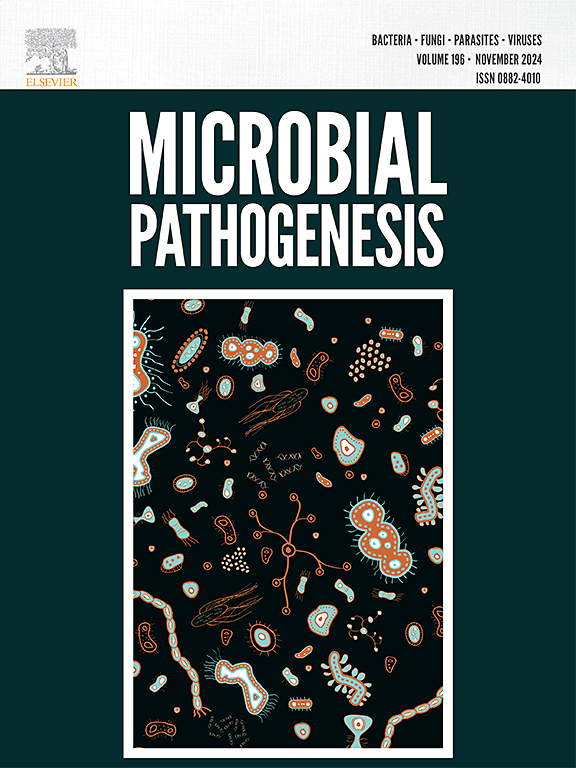肠道菌群在自身免疫性疾病中的免疫调节作用以及基于肠道菌群的治疗策略的进展
IF 3.5
3区 医学
Q3 IMMUNOLOGY
引用次数: 0
摘要
这篇综述探讨了肠道菌群失调通过免疫失调、肠道通透性增加、异常代谢物信号传导和许多其他途径参与自身免疫发病的中心假设。SCFA耗损、Th17/Treg失衡、分子模拟和破坏芳烃受体(AhR)途径等机制在自身免疫性疾病(包括RA、T1D、MS和IBD)的发展和管理中起着核心的免疫调节作用。新兴的干预措施如益生菌、益生元、SCFA补充和FMT被严格评估,以证明它们对细胞因子谱、上皮完整性和Treg诱导的调节作用。临床和临床前数据支持微生物修复作为一种可行的免疫治疗策略。这篇综述的结论是,通过微生物群定向治疗靶向肠道免疫串扰可能为许多自身免疫性疾病提供精确的、基于机制的治疗。本文章由计算机程序翻译,如有差异,请以英文原文为准。

Immunomodulatory role of gut microbiota in autoimmune disorders and the advancement of gut microbiota based therapeutic strategies
This review investigates the central hypothesis that gut microbiota dysbiosis contributes to autoimmune pathogenesis via immune dysregulation, increased intestinal permeability, and aberrant metabolite signaling and many other pathways. Mechanisms such as SCFA depletion, Th17/Treg imbalance, molecular mimicry, and disrupted aryl hydrocarbon receptor (AhR) pathways plays central immunomodulatory role in the development as well as management of autoimmune disorders including RA, T1D, MS, and IBD. Emerging interventions like probiotics, prebiotics, SCFA supplementation, and FMT are critically assessed to demonstrating their modulatory effects on cytokine profiles, epithelial integrity, and Treg induction. Clinical and preclinical data support microbial restoration as a viable immunotherapeutic strategy. The review concludes that targeting gut-immune crosstalk through microbiota-directed therapies may offer precise, mechanism-based management for many autoimmune disorders.
求助全文
通过发布文献求助,成功后即可免费获取论文全文。
去求助
来源期刊

Microbial pathogenesis
医学-免疫学
CiteScore
7.40
自引率
2.60%
发文量
472
审稿时长
56 days
期刊介绍:
Microbial Pathogenesis publishes original contributions and reviews about the molecular and cellular mechanisms of infectious diseases. It covers microbiology, host-pathogen interaction and immunology related to infectious agents, including bacteria, fungi, viruses and protozoa. It also accepts papers in the field of clinical microbiology, with the exception of case reports.
Research Areas Include:
-Pathogenesis
-Virulence factors
-Host susceptibility or resistance
-Immune mechanisms
-Identification, cloning and sequencing of relevant genes
-Genetic studies
-Viruses, prokaryotic organisms and protozoa
-Microbiota
-Systems biology related to infectious diseases
-Targets for vaccine design (pre-clinical studies)
 求助内容:
求助内容: 应助结果提醒方式:
应助结果提醒方式:


